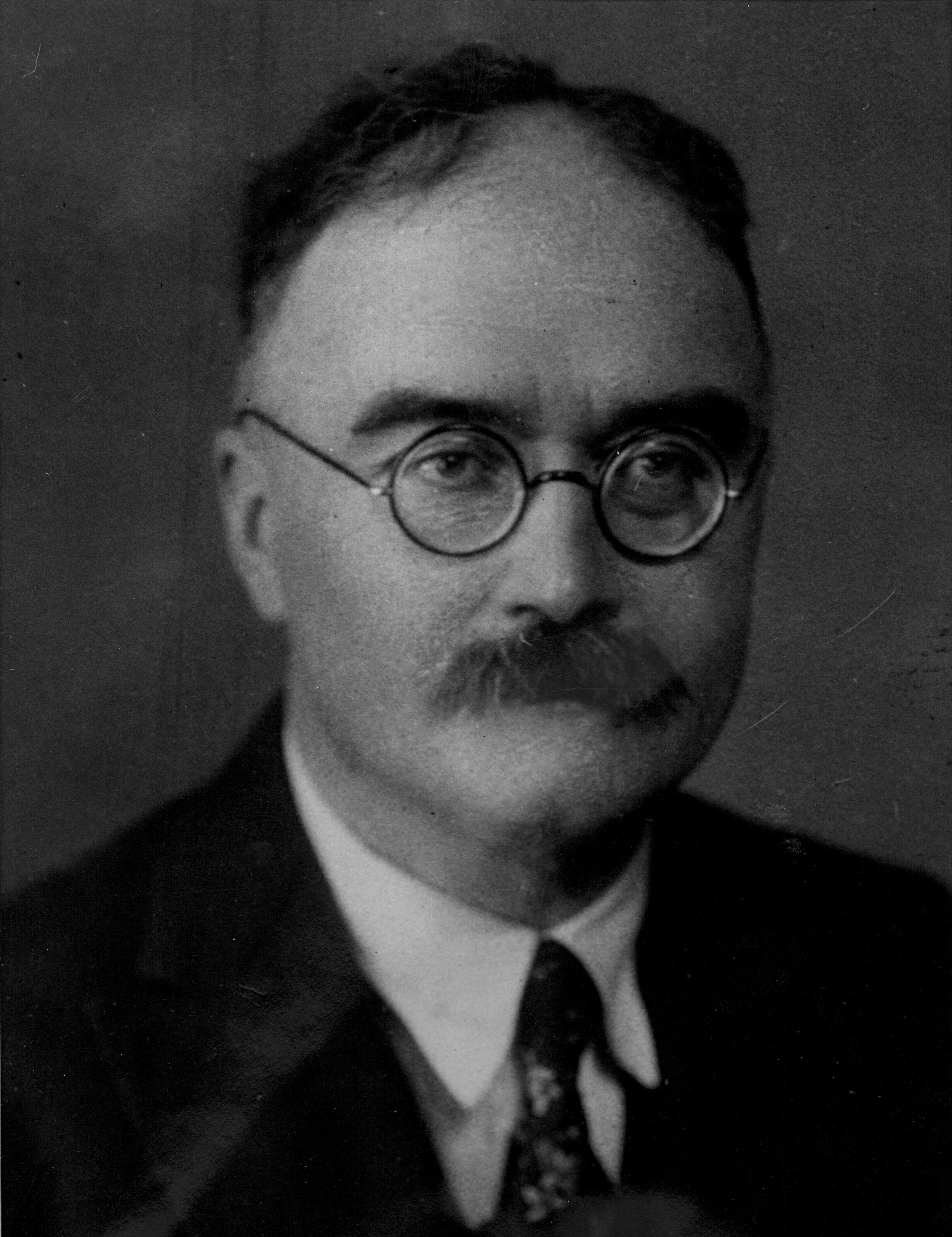In this final installment of my serial review of Bart Ehrman's
Jesus before the Gospels, I want to briefly address his final chapter ("In Conclusion: A Paean to Memory"), which is less than seven pages long (pp. 289–295), and then assess the book as a whole.
Ehrman's concluding "paean to memory" is a beautiful reflection on the relative importance of historical-critical work. Knowing that this-or-that event happened in history
is important, and Ehrman acknowledges that his work as a historian focuses narrowly on questions of what did or did not happen. Christianity, "widely seen as a 'historical' religion" (p. 291), sometimes (often?) places a high premium on historical actuality. What matters, often enough, to Christians is not simply what their sacred texts say but more so that the events those texts narrate actually happened. The truth of, say, the Acts of the Apostles resides not just in its worldview or narrative theology but rather in its portrayal of actual events in space and time. As a result, Christian readers who encounter Ehrman's writings may perceive him a threat to the integrity of their religious identity.

This is not Ehrman's intent. "But in my judgment there is more to Christianity than history. And there is more to life, and meaning, and truth than the question of whether this, that, or the other thing happened in the way some ancient text says it did" (p. 291). He goes on to describe the Gospels as "so much more than historical sources," which in my view is exactly right. Ehrman does not offer the example of the Parable of the Good Samaritan, but I think
Luke 10.25–37 offers us instructive case. Never did a man going down from Jerusalem to Jericho fall into the hands of robbers, only to be neglected by a Jewish priest and Levite headed uphill and cared for by a Samaritan passerby. And nobody thinks either Jesus or Luke intends to speak of an actual event. When historians argue about the "authenticity" of this parable, they are arguing whether or not Jesus actually told this story. The story itself, everyone acknowledges, is fictional.
And yet the Parable of the Good Samaritan is true. It's truthicity ("
truthiness" was inappropriate in this context) has nothing to do with its historical referentiality. This is a question of genre. If a history textbook claims that the Battle of Britain was provoked by the British invasion of Belgium, it is not just wrong but false. History books claim to narrate the past, and though they include matters that are not, strictly speaking, historical (e.g., interpretations of events, narrative plot structures, cause-and-effect relationships, etc.), their claims are evaluated on the basis of their historical referentiality. But other genres do not depend on this relationship. The obvious example is literature: The truth (perhaps
value is a better term) of Charles Dicken's
A Christmas Carol depends in no way whatsoever on the historical reality of Ebenezer Scrooge. For that matter, A. A. Milne's characters express simple-but-profound truths about friendship and life, even though no one wonders about a talking bear in a hundred-acre wood. And so, while I usually was more annoyed than anything when Ehrman's argument relied on unanswered rhetorical questions, I found this spot on:
At the end of the day, I find it troubling that so many people think that history is the only thing that matters. For them, if something didn't happen, it isn't true, in any sense. Really? Do we actually live our lives that way? How can we? Do we really spend our lives finding meaning only in the brute facts of what happened before, and in nothing else? (p. 292)
These are appropriate questions, and Ehrman does, eventually, hint at answers: "Our lives are not spent establishing the past as it really happened. They are spent calling it back to mind" (293). This, I think, is a lovely sentiment.
So what's the verdict on
Jesus before the Gospels? I once accused Ehrman—in
another venue and on another topic—of being "coy." In some ways, that charge does not apply here. Ehrman uses the intuitively pejorative term
distorted memory to refer to "false memories" or "memories" of events that did not occur. At some point stories were told in such a way that people who heard them thought they narrated actual events or teachings from Jesus' life, but those stories did not. Ehrman does not hide behind the technical use of the term
distortion in order to "sneak in" a negative connotation; when he is doing historical critical work, he is relying on that negative connotation.
In other ways, however, the charge of being coy is apropos here as well. Ehrman too often relies on insinuation and unanswered rapid-fire rhetorical questions that are framed so as to make disagreeing positions seem unreasonable, when often enough the questions themselves are problematic (e.g., pp. 24–25). This is an understandable rhetorical move; I myself often feel tempted to argue in this fashion. But doing so—whether I am doing it or Ehrman—is usually a sign that my argument is not as clear or as precise as I would like it to be. "You don't really think such-and-such, do you?" is not a helpful historical argument, even if it is often effective, and Ehrman retreats to this rhetorical device too often.
More problematic, in my view, is Ehrman's dependence on sources. He reveals to his readers that, "[f]or about two years now I have spent virtually all my free time doing nothing but reading about memory" (p. 2), but his citation of memory studies seems to me rather anemic. It is difficult to get a precise measurement because there is no bibliography included in the book, but scanning the endnotes suggests that Ehrman cites a total of thirty-four sources that I would categorize as "memory studies." The majority of these he cites only once, and on more than one occasion those citations are misleading (e.g., he cites Schwartz's approbation of Maurice Halbwachs's claim that memory adapts the past to "the beliefs and spiritual needs the present" [p. 7, citing Schwartz,
Abraham Lincoln and the Forge of National Memory, 5] without mentioning that Schwartz also critiques Halbwachs on this very point: "Considering Lincoln's image as a mere projection of present problems is as wrong as taking it to be a literal account of his life and character"; Schwartz, p. 6; see also
my critique of Ehrman's use of Ulrich Neisser's study of John Dean's testimony). Perhaps even more problematically still, Ehrman engages almost none of the New Testament scholarship concerned with memory. Unless one includes Birger Gerhardsson's
Memory and Manuscript (which does not, strictly speaking, engage "memory studies"), he only mentions Richard Bauckham's book,
Jesus and the Eyewitnesses. There's no mention of scholars such as Chris Keith, Alan Kirk, Anthony Le Donne, Tom Thatcher, Michael Thate, or myself. (Chris Keith is mentioned in the acknowledgements, but none of his works appear in the endnotes.) When he mentions Dale Allison, Richard Horsely, or Werner Kelber, he does not address their engagement with memory studies. This is especially worrisome when Ehrman complains that New Testament scholars, as a group, have largely ignored memory studies. When Ehrman does engage media studies among New Testament scholars, he draws attention to the form critics, whose work is largely seen as out-of-date.
In the end, I cannot endorse or recommend this work as an engagement of memory scholarship for New Testament research. As I said in
Part 1 of this review,
I was excited when I first heard rumors, in the aftermath of a 2013 panel on memory and the historical Jesus, that Ehrman was going to engage memory studies. I was part of the early wave of Jesus historians and NT scholars who have turned to questions of memory—and especially social/collective memory—in order to recalibrate the study of Jesus and Christian origins. I care about this topic, and adding a name as big as Bart D. Ehrman to the list of historians recognizing the importance of memory in some way justified my own work.
Perhaps my initial excitement helps explain my disappointment with this book. I had hoped Ehrman would advance the discussion of memory and the New Testament, perhaps with reference to his own expertise in Christian texts outside the New Testament canon, the manuscript tradition of New Testament texts, and so on. Instead, I do not think he has accurately grasped even the current state of memory and the New Testament.
I have tried at every point to engage, summarize, and evaluate
Jesus before the Gospels fairly and respectfully. I have literally read every word of this book, and where I have critiqued it I have tried to provide specific examples and quotations from the book itself. Moreover, I have not critiqued this book for its bearing on theological matters or questions of faith. If anything, his concluding "paean to memory" should be welcomed by people of faith even if they continue to disagree with his historical judgments. This book is flawed in its historical and exegetical judgments. This book must stand or fall on these bases and not on its theological merits, since Ehrman is not writing a theological book.
Oh . . . one last thing. I have not enjoyed panning this book; as I said, I started reading
Jesus before the Gospels with enthusiasm and high hopes. Whenever commenters here or on Facebook have characterized this serial review as combative (e.g., "Rodríguez vs. Ehrman," or something similar), I have winced a little. I've read and reviewed this book so carefully precisely because I have such respect for Ehrman as a writer, thinker, and scholar, and I hope that hasn't been lost among all the criticisms. I recently met someone who read both Ehrman's book and my reviews and who told me he thought I was being too kind in my review; that was both surprising and a bit encouraging. Whether kind or unkind, I hope I have been fair. And if/as you read this or any other book by Bart Ehrman (or anyone else, for that matter), I hope you, too, will evaluate it fairly.
Okay; you can stop watching this space.
Jesus before the Gospels: a serial review (pt. 1)
Jesus before the Gospels: a serial review (pt. 2)
Jesus before the Gospels: a serial review (pt. 3)
Jesus before the Gospels: a serial review (pt. 4)
Jesus before the Gospels: a serial review (pt. 5)
Jesus before the Gospels: a serial review (pt. 6)
Jesus before the Gospels: a serial review (pt. 7)
Jesus before the Gospels: a serial review (pt. 8)












